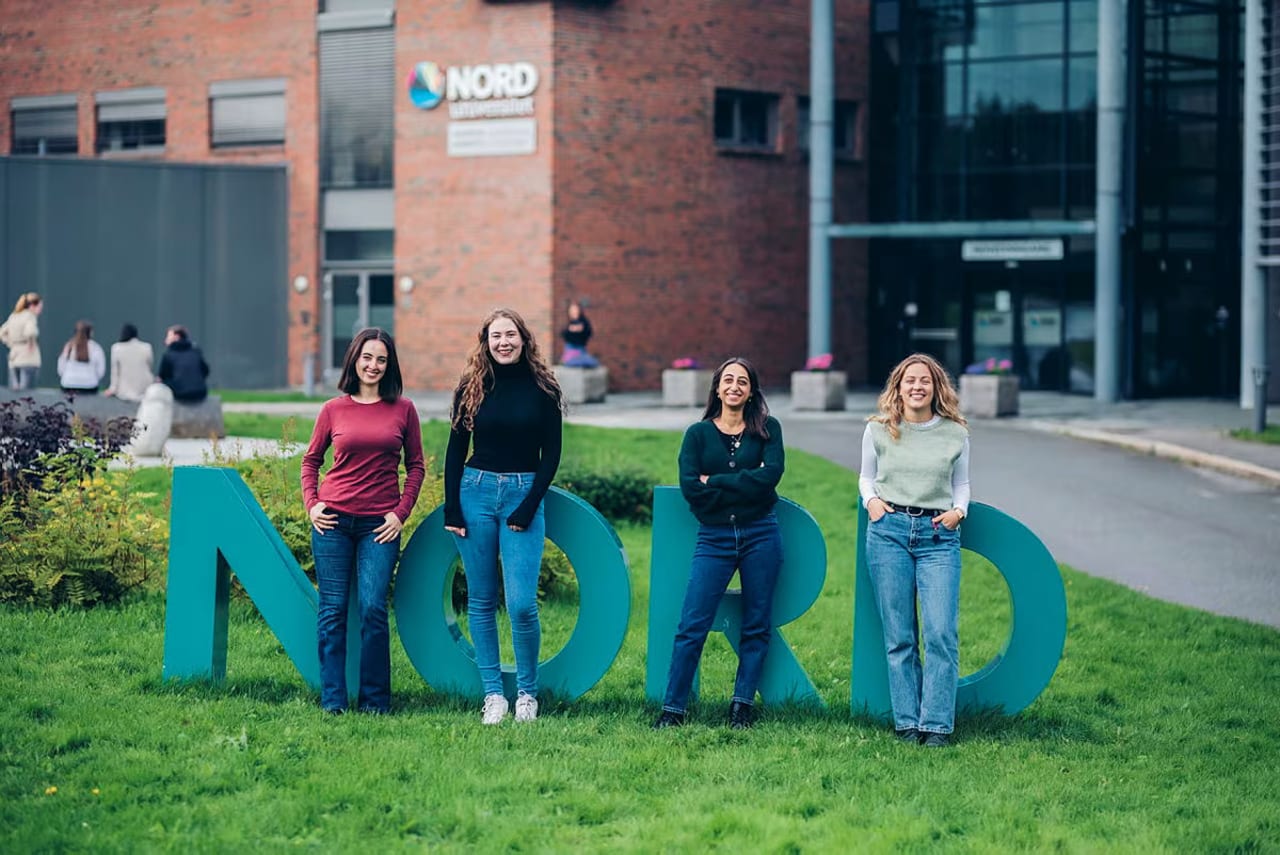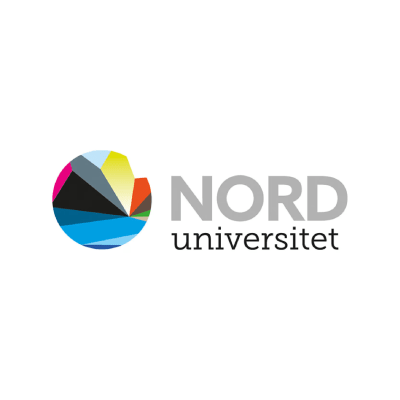
Masters in Sustainable Production and Utilisation of Marine Bioresources
Nord University

Key Information
Campus location
Bodø, Norway
Languages
English
Study format
On-Campus
Duration
2 years
Pace
Full time
Tuition fees
NOK 180,000 / per year *
Application deadline
Request info
Earliest start date
Aug 2024
* only for non-EU students | free for EU students
Introduction
Nordic Master in Sustainable Production and Utilisation of Marine Bioresources
MAR-BIO is a research-based Master's program combining competence from different Nordic countries to educate next-generation professionals within the area of blue growth and marine circular economy.
Through an interdisciplinary approach, the students gain insight into the interaction between Fisheries, Aquaculture, Environment, Law, Management, Production and Utilisation of Marine Bio-resources. The programme builds on expertise in these areas of the Nordic countries.
Admission requirements
Admission requirements are:
- Bachelor's degree (180 ECTS) within bioscience or social science, including socio-economy
- Average grade of C or better (laudabilis) in the Bachelor’s degree.
- A motivation letter must be uploaded to the application portal within the specified deadline.
For applicants outside the Nordic countries, applicants are asked to document proficiency in the English language.
Applicants are ranked by:
- Motivational letter
- Grades of the Bachelor’s degree
Applicants will be ranked by their motivation letters. The applicant’s motivation for the study, and his/her motivation for the idea of travelling between the partner universities, as well as his/her academic background and future career plans will be emphasized.
Applicants apply to the preferred university. It’s possible to apply to more than one.
For more information, please contact the university.
Tuition
Costs
- No tuition fees for EU citizens.
- Semester fees and the cost of course literature and laptop apply. In addition to the semester fee and syllabus literature, students are expected to have a laptop with a microphone and camera. Students must purchase their own laboratory coat for use in courses with laboratory exercises.
- Costs related to visits to partner universities must be expected.
- The compulsory exchange (at least 30 credits) at one of the partner universities, will result in travel, housing and food expenses. The students can apply for a travel grant from the Norwegian State Educational Loan Fund (Lånekassen) if Norwegian. All students can also apply for an ERASMUS+ grant.
Qualification
Learning outcomes
Knowledge
Upon completion of the course, the students will have advanced knowledge and a broader perspective of the sustainable production and use of marine bioresources, including
- aquaculture from a Nordic perspective.
- understanding of Food webs in the ocean,
- aquaculture and fishery industry globally.
Skills
At the end of the MAR-BIO programme, the student is able to
- independently select and use relevant methods for research and development work
- carry out an independent and limited research or development project under supervision and in compliance with applicable research ethics standards
- present the knowledge acquired and his/her own analyses and syntheses, both orally and in writing.
General competence
After completion of the MAR-BIO programme the candidate can:
- analyse and deal critically with various sources of information and use them to structure and formulate scientific arguments
- evaluate facts from different sources, discuss them and take a stand for the pros and cons with different theories within the field of marine bioresources
- communicate academic issues, analyses and conclusions both with specialists and the general public
Career paths
The mandatory course will prepare the students to a wide range of employment opportunities, as a PhD student or in industry, in the field of circular bioeconomy and blue growth.
Depending on the master's thesis profile, candidates will be well qualified for positions in relevant business sectors such as Aquaculture, Fisheries, further development and production of marine food, utilization of waste bi-products, Biological Consultancy, Municipal Planning, municipal and state management of environment, nature and aquaculture resources, as well as the development of coastal communities.
Program Language Requirements
The TOEFL iBT® test is accepted by 11,500 universities and higher education institutions in over 160 countries. Book your test today!
Sponsored partner